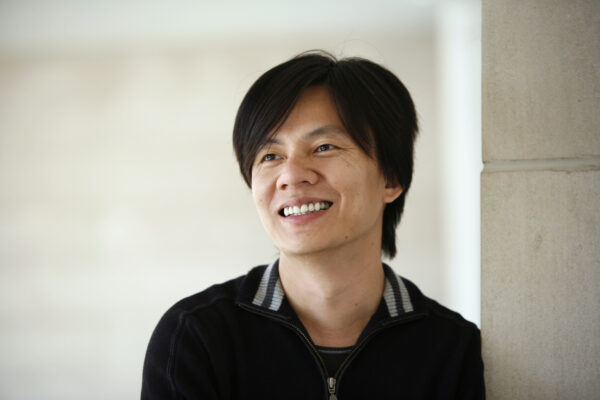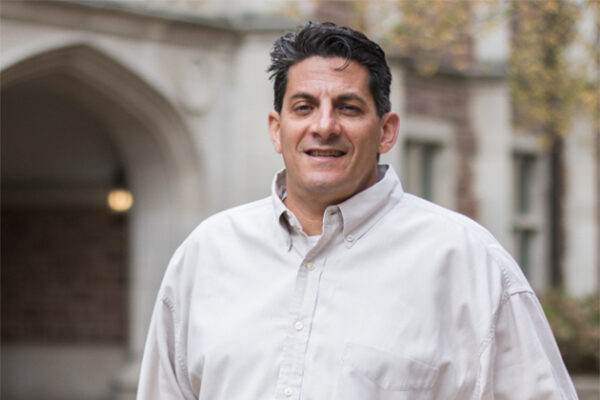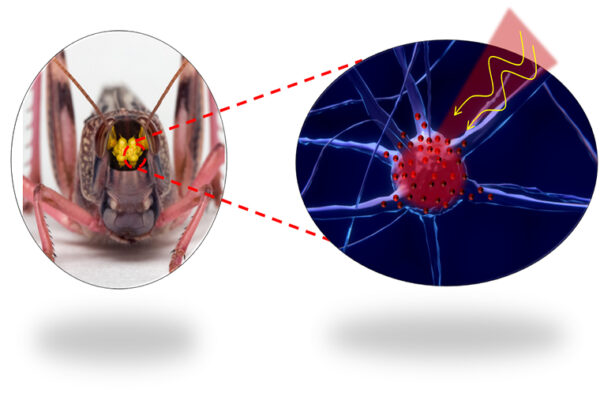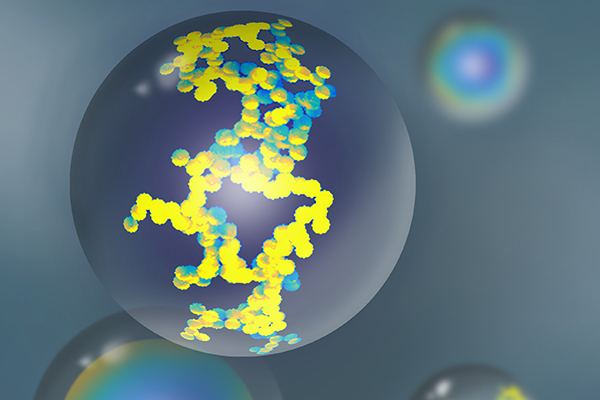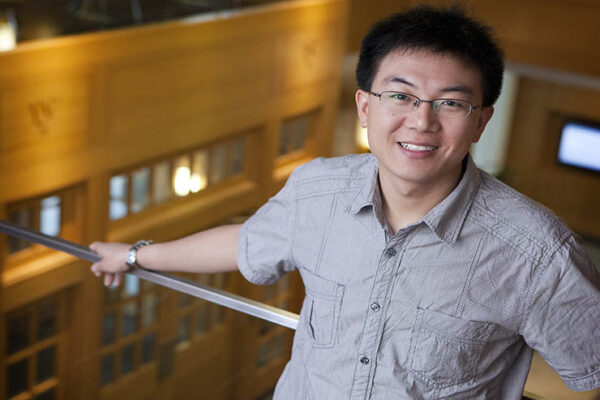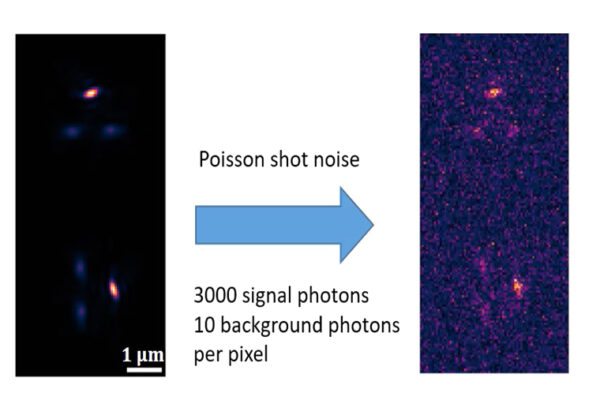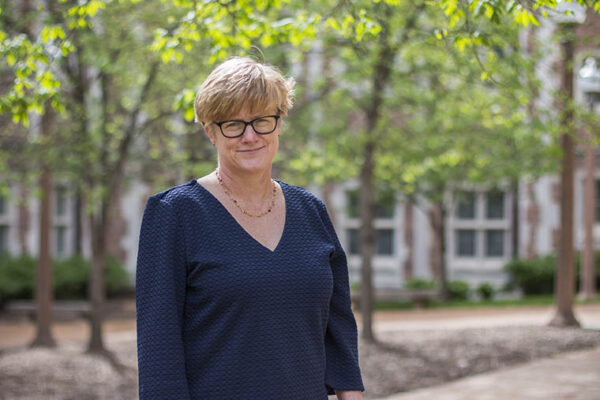Finding first principles last: A new control methodology
Using massive amounts of data and a novel computing approach, engineers at Washington University in St. Louis are applying new control methodologies to biological systems.
Braver named to NIH advisory council on health
Todd Braver, professor of psychological and brain sciences in Arts & Sciences, and of radiology and neuroscience at the School of Medicine, has been appointed to the National Advisory Council for Complementary and Integrative Health.
Light-activated nanoheaters may control nerve cells, locust mind
Engineers from the McKelvey School of Engineering want to know if they can use nanotechnology to control neurons and parse the relationship between neural activity and behavior and disease.
Chakrabarty wins Schmauss award for aerosol research
Rajan Chakrabarty, assistant professor of energy, environmental and chemical engineering at the McKelvey School of Engineering, received the 2019 Schmauss Award from the German Association for Aerosol Research (Gesellschaft für Aerosolforschung) at the European Aerosol Conference in Gothenburg, Sweden.
Helping autonomous vehicles, robots make better plans
A researcher at the McKelvey School of Engineering is working to improve the way autonomous vehicles make decisions, and the way they relay that information.
Monitoring bridge safety with wireless sensors
Researchers from Washington University in St. Louis and Michigan State University are testing innovative sensors on Michigan’s Mackinac Bridge that are powered by traffic vibrations and could detect bridge failures before they happen.
Zhang wins $2 million NIH grant to study metabolite heterogeneity in bacteria
Fuzhong Zhang, an expert in synthetic biology at the McKelvey School of Engineering, is investigating how genetically identical cells manage to act so differently. The answer may have implications for antibiotic persistence.
New, fundamental limit to ‘seeing and believing’ in imaging
As researchers probe smaller parts of our world, a “picture” is not always showing what it may seem to show. One researcher at the McKelvey School of Engineering at Washington University in St. Louis has uncovered a fundamental limit to our ability to trust what we see when it comes to images of molecular motion.
National narcissism rears its head in study of WWII
In a survey of adults from the countries that comprised the World War II alliances known as the Allies and the Axis, respondents overestimate the importance of their country to the war effort. A new Arts & Sciences study shows how.
McDermott wins Psychonomic Society award
Kathleen McDermott, professor in psychological and brain sciences in Arts & Sciences at Washington University in St. Louis, is one of two recipients of the 2019 Psychonomic Society Mid-career Award.
View More Stories
